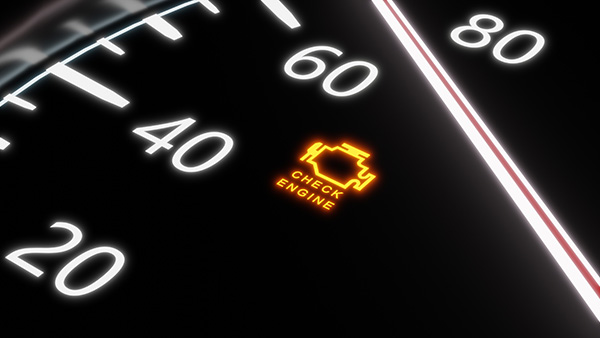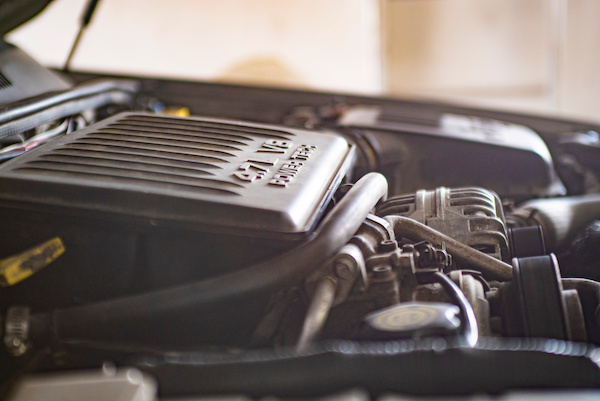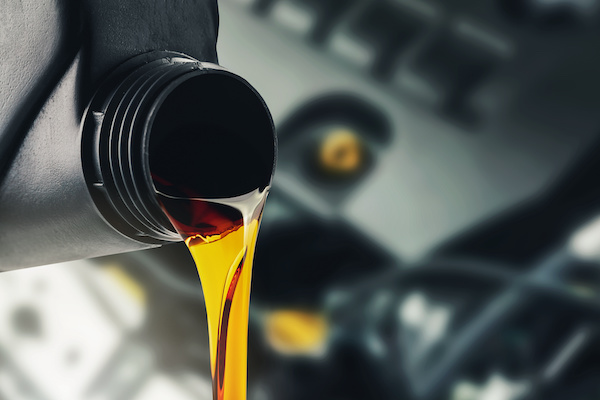Posted on 4/5/2024

When the check engine light comes on while driving, does panic set in? Is it a minor issue, or could it spell trouble for your vehicle? Should you opt for a free scan or invest in a professional diagnosis? For a video on what the various vehicle warning lights mean, skip to the bottom of this page. What is The Check Engine Light For The check engine light serves as your vehicle's early warning system, indicating potential issues with the engine, transmission, or emissions system. When it illuminates, your car's onboard computer has detected a problem, prompting a diagnostic trouble code (DTC) to be stored in its memory. While the light itself doesn't pinpoint the exact issue, it signals the need for further investigation. The Risks of Ignoring the Check Engine Light Ignoring the check engine light might be tempting, but it can result in more severe and ex ... read more
Posted on 4/2/2024

Check out the video below Engine Air Filter 101 Let's start with the basics - the engine air filter is a relatively humble part of your car's engine system, but its importance cannot be overstated. It's essentially a barrier that stands between the outside world and your engine, preventing contaminants like dust, dirt, leaves and debris from entering your engine's delicate inner workings. Why is it So Important?Clean Air, Happy Engine Your car's engine operates by mixing air with fuel and igniting this mixture to produce power. If the air entering the engine is filled with dirt and particles, these will contaminate the mixture, leading to incomplete burning and soot. If the particles are big or hard enough, they can damage the engine. The engine air filter ensures that only clean air reaches the engine, crucial for efficient combustion and overall engine health. Improved Fuel Efficiency When ... read more
Posted on 1/30/2024

Oil plays a crucial role in keeping your engine running. While getting regular oil changes is common knowledge, many drivers still have a flurry of questions about this routine maintenance task. To help shed light on the subject of oil changes, here are some of the most frequently asked questions. Let's demystify the world of oil changes so that you can be better informed on how to care for your car. Q: How often should I change my oil? A: The frequency of oil changes depends on your vehicle's make, model, and driving habits. Many vehicles have service reminders built in but some do not. As a rule of thumb, change oil every 5,000 miles when using synthetic and every 3,000 miles for conventional. Many shops will put a sticker in the corner of the windshield to record the mileage when the next oil change is due. Q: Can I use any type of oil for my car? A: Different vehicles require different types of oil. Your owner's manual wil ... read more